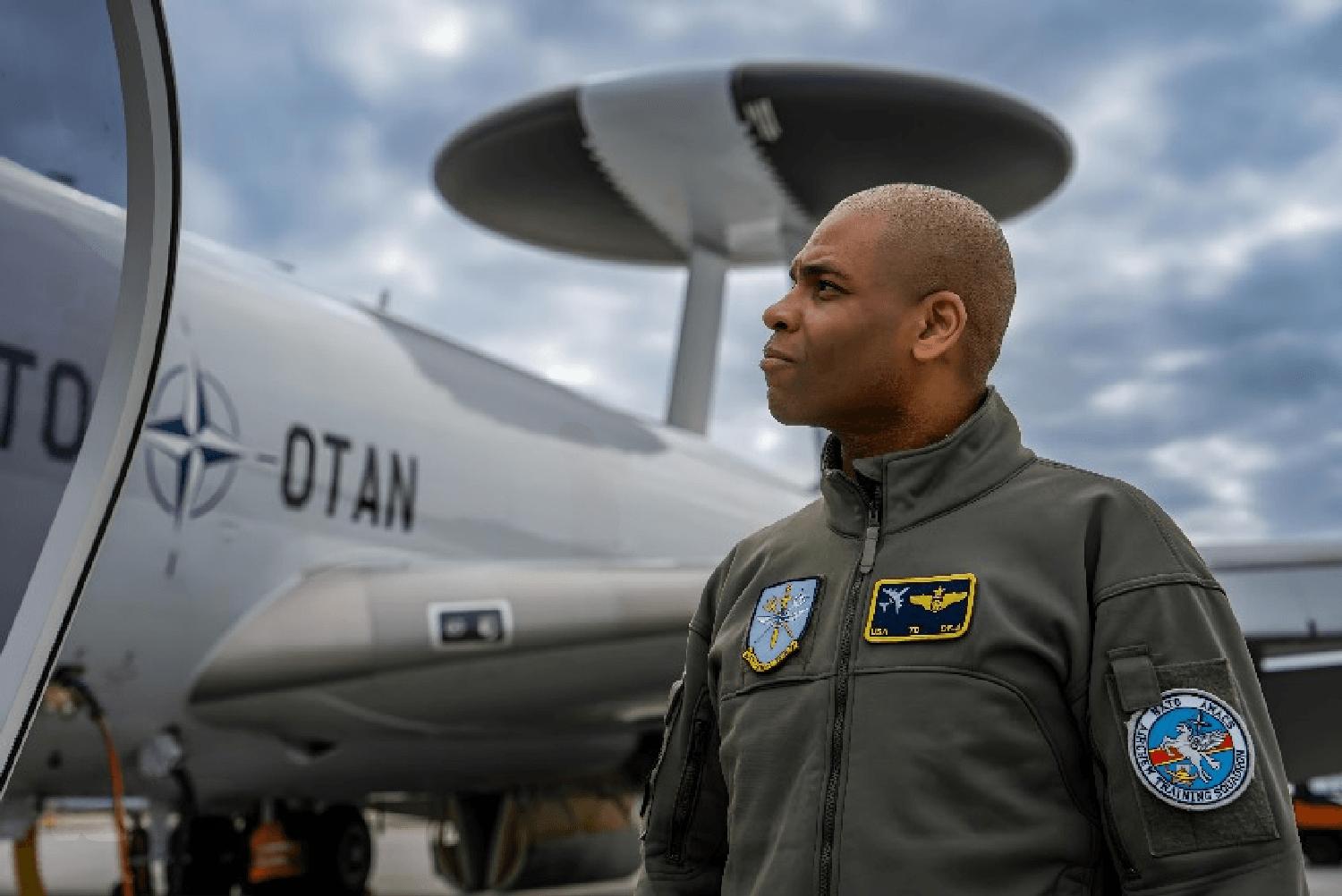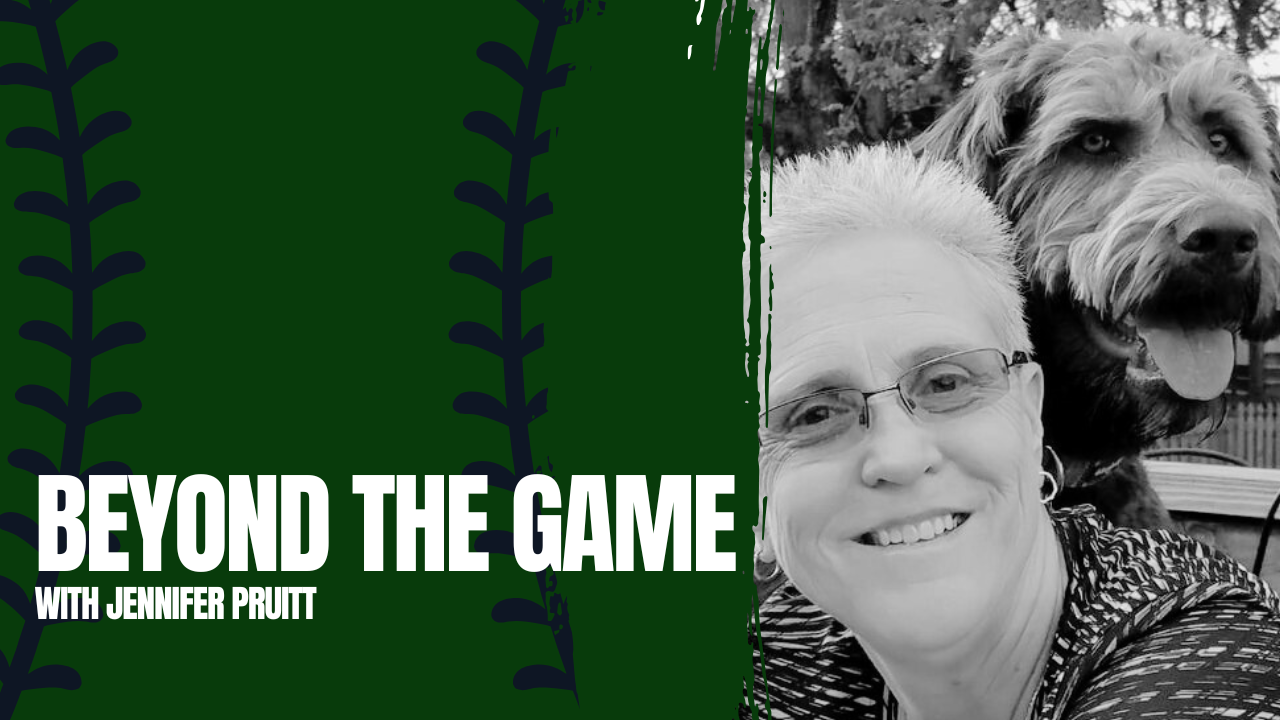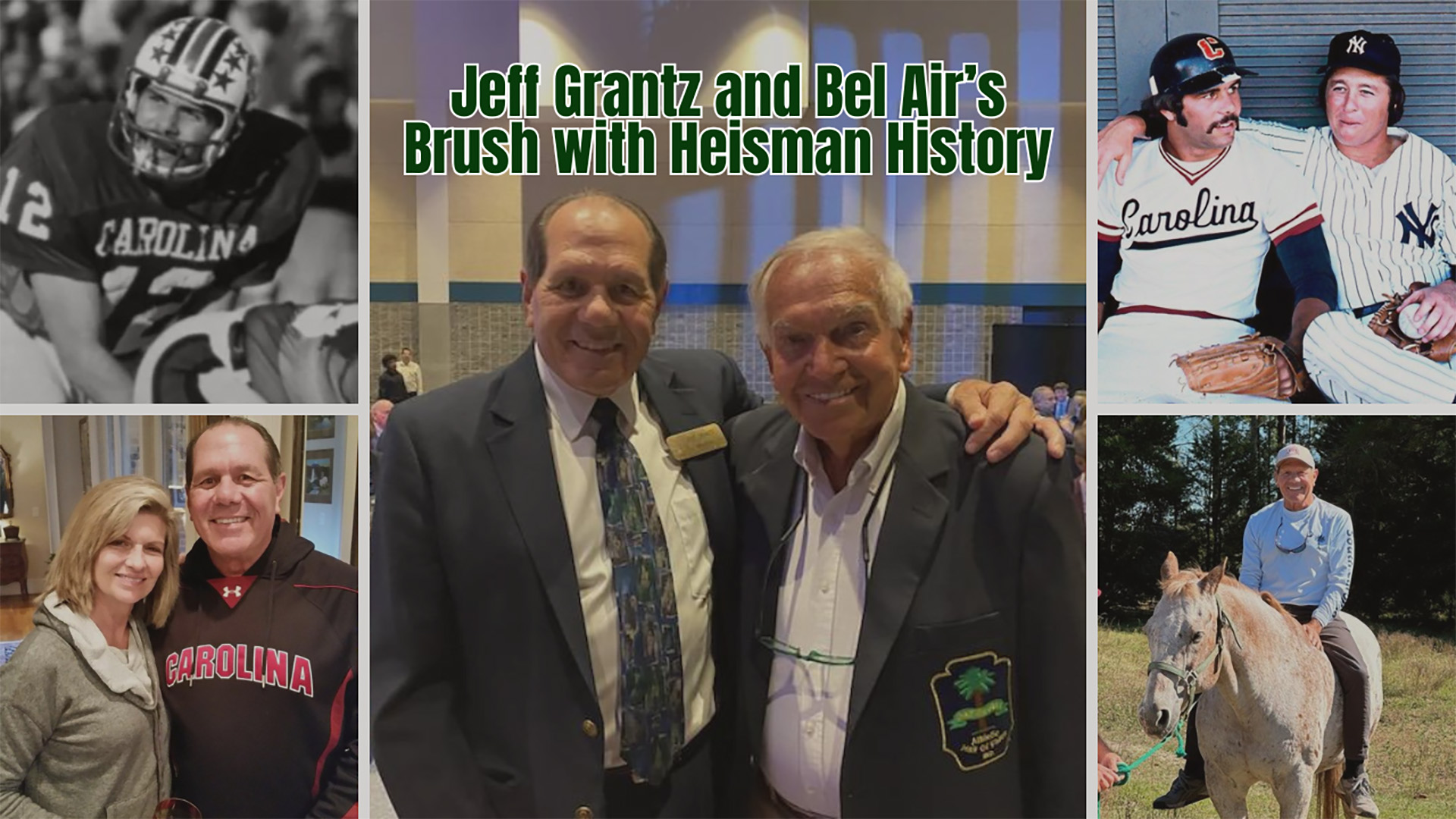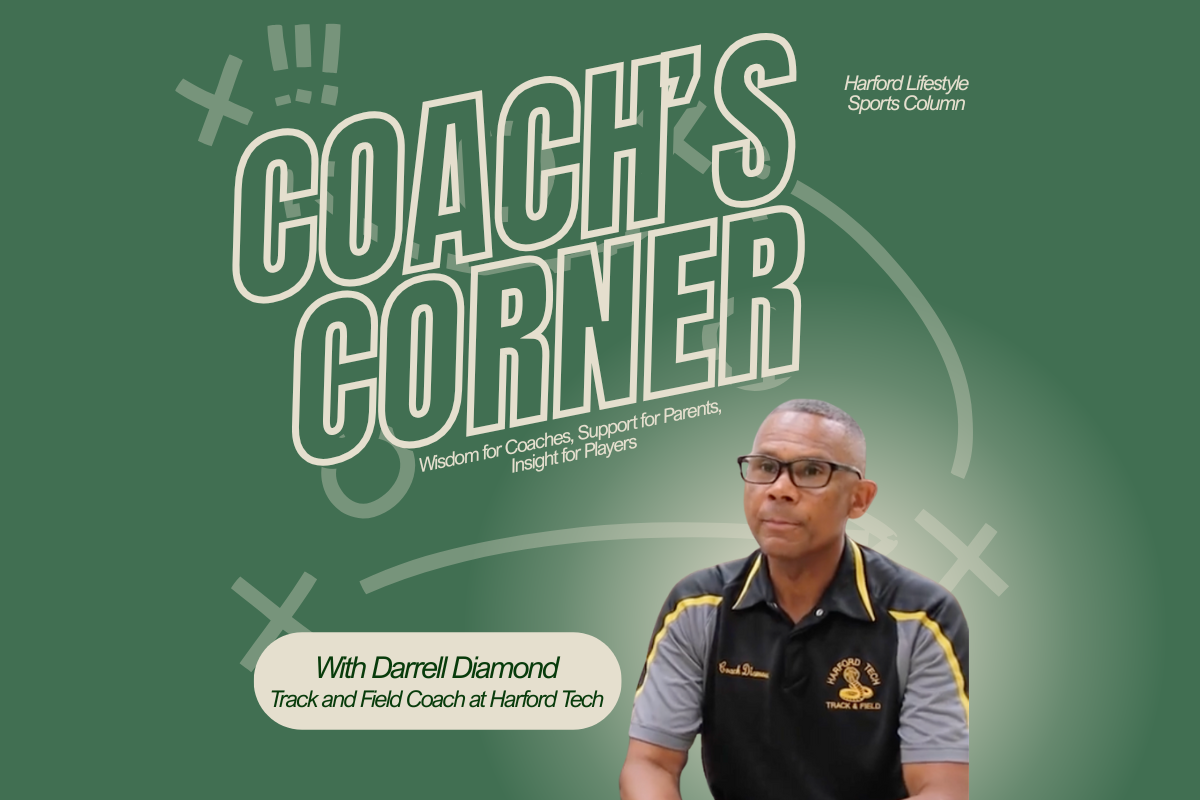Beyond the Game is a series where we take a look at former athletes who have taken the skills, discipline, and drive from their playing days and turned them into winning careers and businesses off the field. These stories show how the hustle doesn’t stop when the game ends – it just takes on a new form.
What’s your job and rank in the Air Force? How long have you been in?
Lt Col Romaine Russell, Deputy Commander, Aircrew Training Squadron – NATO Airbase Geilenkirchen, Germany.
I lead NATO’s largest flight training unit, overseeing 80 multinational instructors from 18 partner nations. Our mission is to provide initial and upgrade qualifications for aviators across 13 specialties, while routinely flying operational sorties in support of North Atlantic Council objectives.
My military career spans 24 years, beginning as an enlisted Airman, where I attained the rank of Staff Sergeant before earning my commission in 2007. Over the years, I’ve held leadership roles in combat squadrons, contingency wings, and served as an advisor to general officers at headquarters staff.
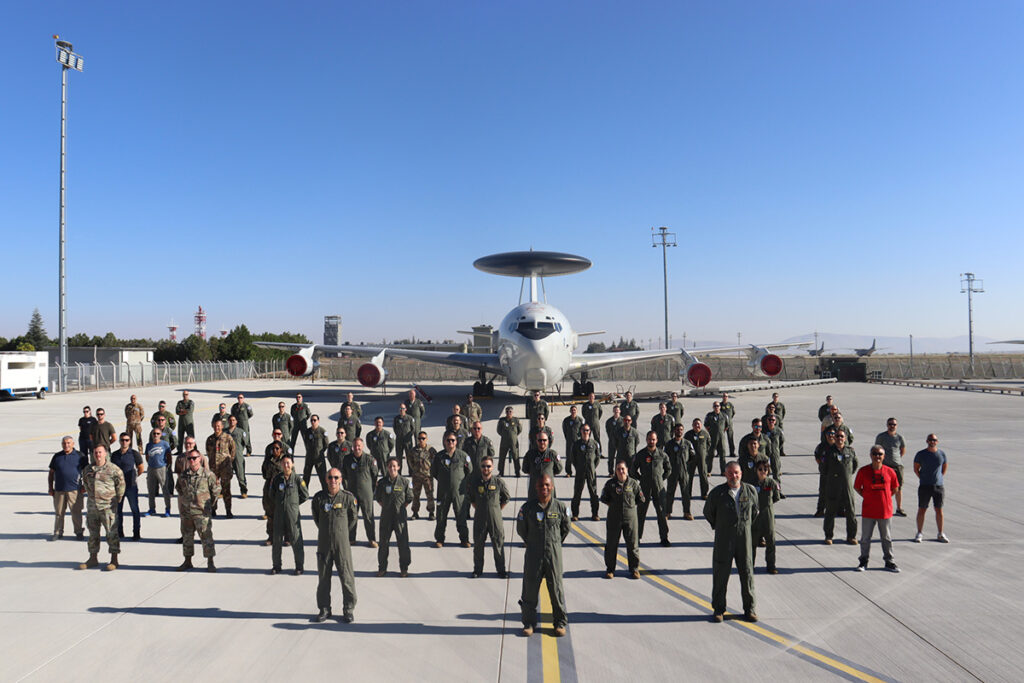
I recall that you not only wrestled but played football and ran track – is that accurate?
At BAHS, I had the privilege of captaining the wrestling, football, and track & field teams. My time as a student-athlete instilled lessons in leadership, competition, and personal growth—qualities that became the foundation for my most meaningful roles: husband, father, and Airman.
How did your experiences as an athlete shape your mindset or approach to doing your job?
Three key attributes shaped my mindset as both an athlete and a leader. The first is vision—the idea that the mind sets the conditions the body acts upon. One of my favorite childhood films, Conan the Barbarian, illustrates this perfectly. In the opening, a young Conan is forced to push the massive ‘Wheel of Pain.’ At first, he struggles, but over time, his persistence transforms him into the hulking Arnold we know. That imagery resonated with me, fueling my own transformation from a portly adolescent into a mentally and physically strong athlete—an evolution that continues to influence my approach to military leadership.
The second key lesson I took from sports was preparation—a process that demanded something I initially struggled with: discipline. In most cases, discipline is the price of vision. At BAHS, I learned to practice hard, lift weights, run, and maintain a responsible diet—not because I was told to, but because it was the cost of becoming something greater than I was. Over time, my peers recognized and respected those attributes, reinforcing the principle of leading by example. That same mindset still guides me today, but I’ve expanded my approach beyond physical preparation, placing greater emphasis on mental readiness—an aspect that, in hindsight, would have elevated my success even further.
The most important lesson revealed itself in hindsight—like a hero having an epiphany: If you can be great at one thing, you can be great at many. Excellence, dedication, and attention to detail are all transferable skills. Whenever I face something unfamiliar or challenging, I focus on making it feel familiar by applying those core principles. The mindset I developed as an athlete now serves as a framework for growth in almost every aspect of my life.
What lessons from competing locally—like dealing with pressure, failure, or rivalry—have helped you navigate challenges in the military?
Competing locally was a defining rite of passage—Friday night lights, the Vision Quest soundtrack, and the deep camaraderie of testing ourselves against our peers. As a leader, I learned to recognize the diverse talents, personalities, and motivations within a team—an ability I still rely on today.
From a competition standpoint, I developed a keen instinct to ‘scan and aim for the alpha,’ a mindset that pushes everyone to bring their best effort. But with that pursuit comes both internal and external pressure—the challenge of transforming skill and preparation into peak performance. Those moments taught me that pressure isn’t an obstacle; it’s a natural physiological response to something meaningful, a sign that you’re fully engaged in the fight.
And I would be remiss if I didn’t mention failure—the most ruthless and experienced teacher. Sports taught me that failure is often a signal of an inadequate mindset or preparation. The key is understanding that you can fail without being a failure—it’s all in how you respond. Check your attitude, refine your discipline, and get back in the fight.
Best guess, how many of the men you work with were athletes?
If I had to guess, I’d say around 75% of the people I worked with early in my career were athletes, but that number has dwindled to about 40% over time. My litmus test comes from observing attitudes, demeanors, and even the ‘eyeball test’ during PT. I recognize that the world is changing, and that’s a good thing. While I believe that pride in physical appearance and abilities is a lifelong pursuit, military strength today is shifting: the Bill Gates of the world are proving far more lethal than John Rambo!
The comments in this article are not necessarily those of the US Air Force or the Department of Defense.

